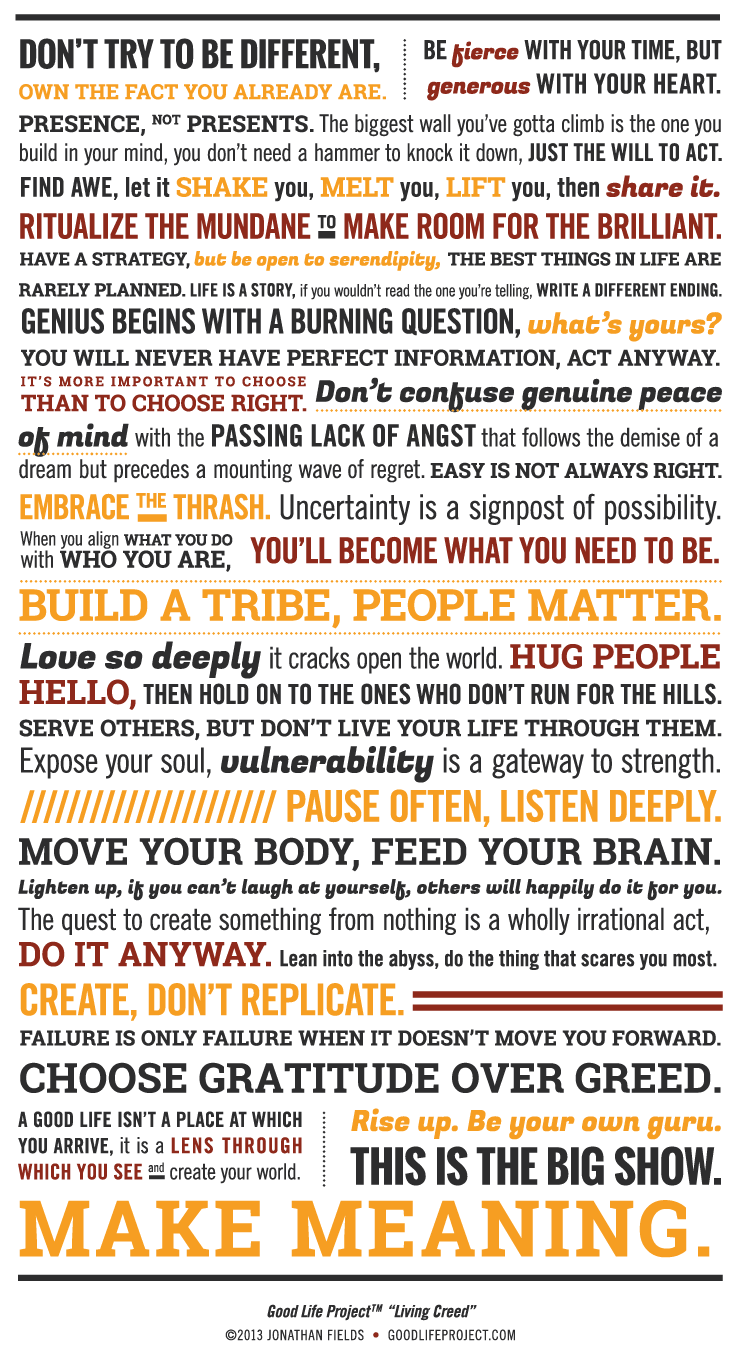- Adverse means "detrimental." It does not mean "averse" or "disinclined." Correct: "There were adverse effects." / "I'm not averse to doing that."
- Appraise means to "ascertain the value of." It does not mean to "apprise" or to "inform." Correct: "I appraised the jewels." / "I apprised him of the situation."
- Beg the question means that a statement assumes the truth of what it should be proving; it does not mean to "raise the question." Correct: "When I asked the dealer why I should pay more for the German car, he said I would be getting 'German quality,' but that just begs the question."
- Bemused means "bewildered." It does not mean "amused." Correct: "The unnecessarily complex plot left me bemused." / "The silly comedy amused me."
- Cliché is a noun, not an adjective. The adjective is clichéd. Correct: "Shakespeare used a lot of clichés." / "The plot was so clichéd."
- Data is a plural count noun not, standardly speaking, a mass noun. [Note: "Data is rarely used as a plural today, just as candelabra and agenda long ago ceased to be plurals," Pinker writes. "But I still like it."] Correct: "This datum supports the theory, but many of the other data refute it."
- Depreciate means to "decrease in value." It does not mean to "deprecate" or to "disparage." Correct: "My car has depreciated a lot over the years." / "She deprecated his efforts."
- Disinterested means "unbiased." It does not mean "uninterested." Correct: "The dispute should be resolved by a disinterested judge." / "Why are you so uninterested in my story?"
- Enormity refers to extreme evil. It does not mean "enormousness." [Note: It is acceptable to use it to mean a deplorable enormousness.] Correct: "The enormity of the terrorist bombing brought bystanders to tears." / "The enormousness of the homework assignment required several hours of work."
- Hone means to "sharpen." It does not mean to "home in on" or "to converge upon." Correct: "She honed her writing skills." / "We're homing in on a solution."
- Hung means "suspended." It does not mean "suspended from the neck until dead." Correct: "I hung the picture on my wall." / "The prisoner was hanged."
- Ironic means "uncannily incongruent." It does not mean "inconvenient" or "unfortunate." Correct: "It was ironic that I forgot my textbook on human memory." / "It was unfortunate that I forgot my textbook the night before the quiz."
- Nonplussed means "stunned" or "bewildered." It does not mean "bored" or "unimpressed." Correct: "The market crash left the experts nonplussed." / "His market pitch left the investors unimpressed."
- Parameter refers to a variable. It not mean "boundary condition" or "limit." Correct: "The forecast is based on parameters like inflation and interest rates." / "We need to work within budgetary limits."
- Phenomena is a plural count noun — not a mass noun. Correct: "The phenomenon was intriguing, but it was only one of many phenomena gathered by the telescope."
- Shrunk, sprung, stunk, and sunk are past participles--not words in the past tense. Correct: "I've shrunk my shirt." / "I shrank my shirt."
- Simplistic means "naively or overly simple." It does not mean "simple" or "pleasingly simple." Correct: "His simplistic answer suggested he wasn't familiar with the material." / "She liked the chair's simple look."
- Verbal means "in linguistic form." It does not mean "oral" or "spoken." Correct: "Visual memories last longer than verbal ones."
- Effect means "influence"; to effect means "to put into effect"; to affect means either "to influence" or "to fake." Correct: "They had a big effect on my style." / "The law effected changes at the school." / "They affected my style." / "He affected an air of sophistication to impress her parents."
- Lie (intransitive: lies, lay, has lain) means to "recline"; lay (transitive: lays, laid, has laid) means to "set down"; lie (intransitive: lies, lied, has lied) means to "fib." Correct: "He lies on the couch all day." / "He lays a book upon the table." / "He lies about what he does."
In this episode of Uncanny Valley, we hear directly from Sahil Lavingia,
who published a tell-all blog post about his 55-day stint at DOGE.
46 minutes ago









